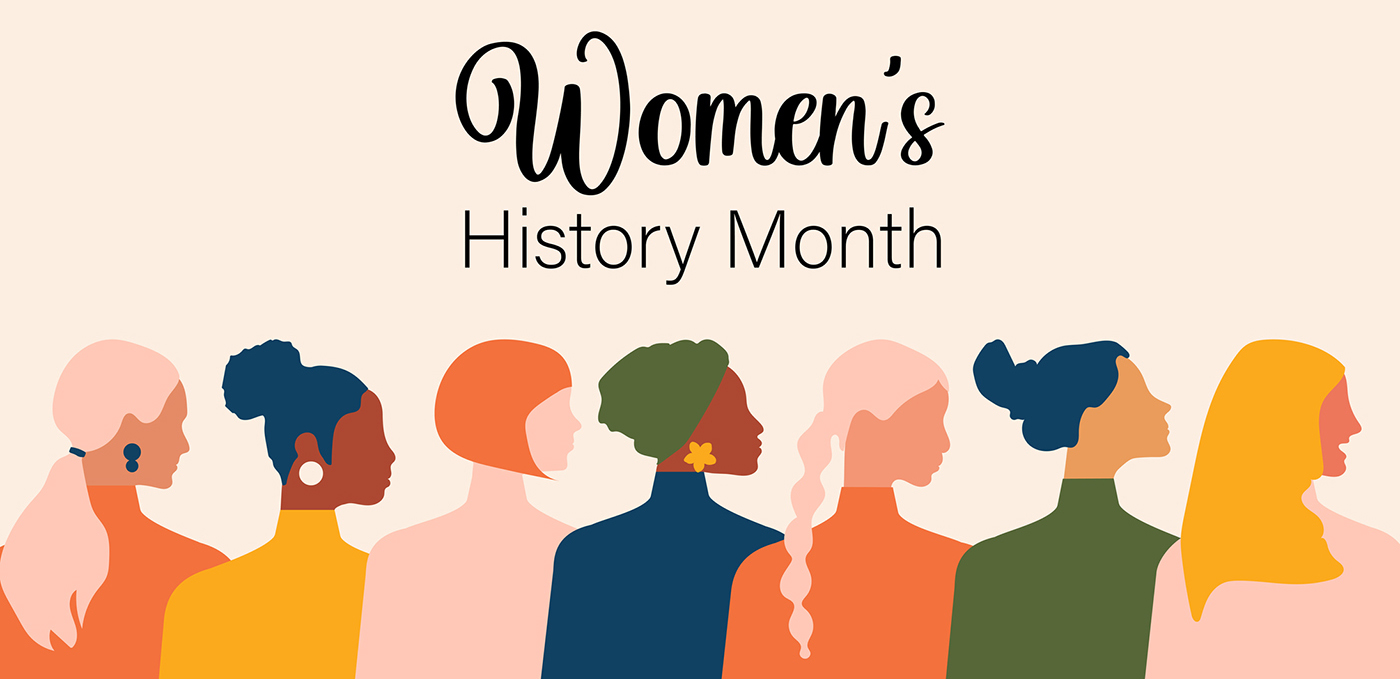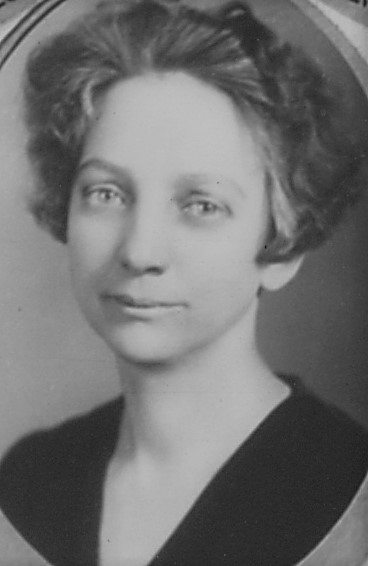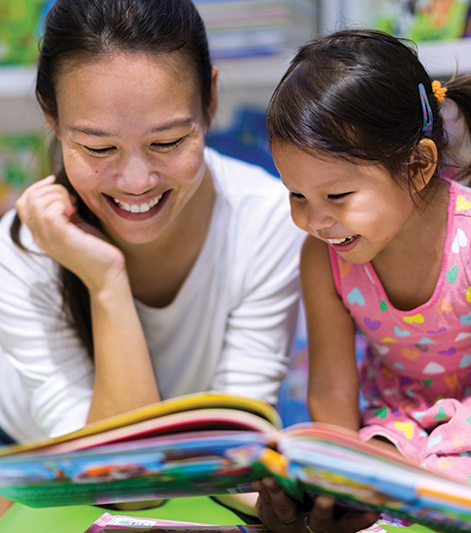Women’s History Month 2024

President Jimmy Carter issued the first presidential proclamation of a Women’s History Week in March 1980 to align with International Women’s Day on March 8. The U.S. Congress proclaimed the first Women’s History Month in March 1987. These proclamations were the results of efforts by the National Women’s History Project (now known as the National Women’s History Alliance).
The choice of March for Women’s History Month recalls both International Women’s Day and proclamations by women’s rights supporters on late February and March dates in the 1910s, when women were still prevented from voting in federal elections and faced many legal, economic, educational, and social barriers. Women’s History Month serves as a celebration of the determination of women who persisted in removing barriers that had been placed in their way, as well as a reminder of barriers that still remain.
A. Sophie Rogers: An Ohio State pioneer in early childhood education

One woman leading in the field of early childhood education during the middle of the 20th century was A. Sophie Rogers, a faculty member in Ohio State’s Department of Psychology from 1918 until 1949. Rogers was one of the few educational scholars of her day to have earned both a doctorate in psychology and a medical degree. Central to her work was the importance of early childhood in preparing students for elementary and secondary school, and for later in life.
Rogers’ focus was on the classroom environment. She traveled to Europe on several occasions to observe the application in the classroom of theories of early education, and in 1936 she was involved in the establishment of one of the first private nursery schools in Columbus to apply those theories in structuring an early learning environment. Rogers was also a prolific speaker to community groups in central Ohio.
Rogers was a supporter of the Child and Family Studies Laboratory, a nursery school established in 1925 in Ohio State’s Campbell Hall. The school was a center for research in early childhood — one of the first in the country. The curriculum was highly structured, showcasing best teaching practices, with Ohio State students and professors observing classroom techniques. Shortly before her death at age 77 in 1967, Rogers established a foundation, which later provided assets to Ohio State to support programs in the laboratory school.
To honor her pioneering work to promote early childhood education, in 1985 Ohio State renamed the laboratory school as the A. Sophie Rogers Laboratory for Child and Family Studies. Today, the school remains a model demonstration site for practitioners and researchers and was renamed the A. Sophie Rogers School for Early Learning when it moved in 2007 from Campbell Hall to the Schoenbaum Family Center in Columbus’ Weinland Park neighborhood.
How celebrating Women’s History Month is central to the mission of the Crane and Schoenbaum centers

During Women’s History Month, the Crane Center for Early Childhood Research and Policy and Schoenbaum Family Center reflect on how today’s field of early care and education was created and cultivated by women throughout the course of history. Their unwavering dedication to early care and education have led to incredible advancements in understanding what children need during their formative years to best learn and thrive. By and large, women are also the ones providing this high-quality care and education. We recognize and honor the strong shoulders upon which we stand, and we pay tribute to the women who dedicate their careers to advancing early childhood research, evaluation, practice, and policy. Additionally, we acknowledge the remarkable efforts of those who balance these professional ventures with caretaking or raising their own families, and we celebrate all women who inspire us as role models and advocates for gender equity.
“I raise up my voice — not so that I can shout, but so that those without a voice can be heard. … We cannot succeed when half of us are held back.”
— Malala Yousafzai, Pakistani activist for female education and the youngest Nobel Peace Prize recipient, during a speech at the United Nations, July 12, 2013
